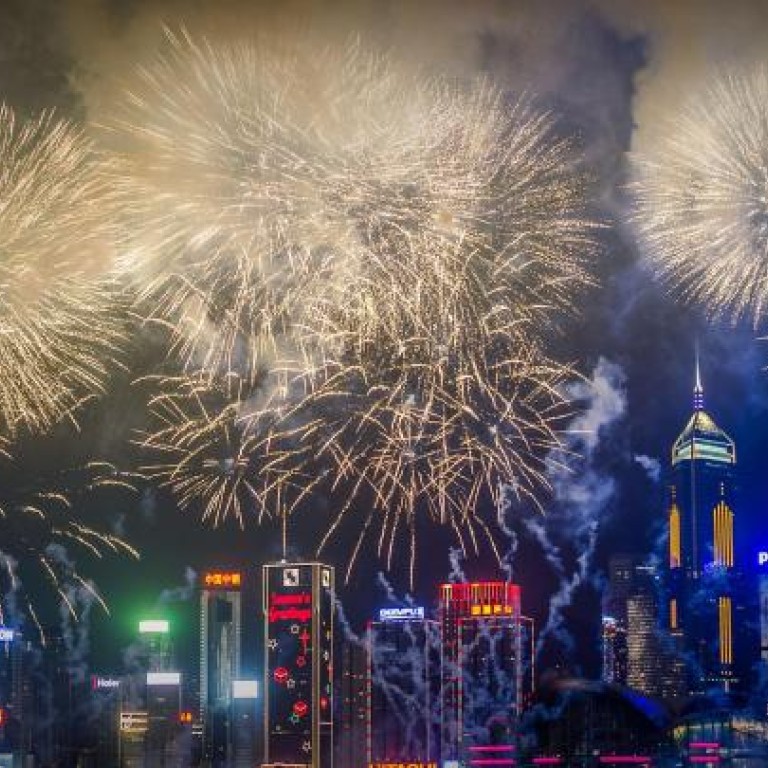
Our celebrations need not always go off with a bang
Debate is raging over National Day this year, but are all those fireworks really necessary?
It is supposed to be a day of celebration.
But last year, National Day turned to tragedy in Hong Kong when two ferries collided, claiming the lives of 39 people - including eight children.
On the night of October 1, 2012, when spectacular fireworks were to light up the night sky above Victoria Harbour, the passenger ferries crashed off Lamma Island in the worst maritime accident in more than four decades.
Chief Executive Leung Chun-ying later announced a three-day public mourning period.
Time passes, but the sorrow and pain of losing loved ones cannot be forgotten.
That explains why a controversy arose when the Home Affairs Bureau last week started looking for sponsorship for this year's National Day fireworks show.
Critical comments posted online questioned the government for being unconcerned and even unreasonable.
The bureau was criticised for seeking funding for the event just six months after the tragedy, and for their apparent ignorance of the hurt this could cause to the victims' families.
However, there were other voices suggesting the government should keep the National Day celebration, for obvious reasons, but also hold a proper memorial ceremony to show respect for those who died.
Others questioned why Hong Kong needed so many fireworks displays.
The Home Affairs Bureau soon came out to explain that nothing had been fixed yet, and the department would "take into consideration" the various concerns of the public in organising activities for the coming National Day.
October 1 is, without doubt, a day with special meaning.
But unfortunately it now carries another meaning in Hong Kong - a day of remembrance for the 39 precious lives lost to the sea.
On the other hand, it is not an exaggeration to say that Hong Kong is big on fireworks shows.
We have at least two major displays a year - one on the second day of the Lunar New Year and the other on National Day.
But since 1997 and Hong Kong's return to the motherland, we have also had July 1 fireworks on significant anniversaries - such as every fifth or 10th year - and, often, January 1 New Year fireworks as well.
Each of these 20-minute pyrotechnic shows costs millions.
It is not surprising that the city is criticised by some for wanting to "burn through" so much money.
It's not a new debate, on how "useful" these fireworks shows really are, but it has become particularly heated this year.
Those who oppose the idea argue that the huge amount could more meaningfully be spent on poverty relief.
Those in favour of the fireworks believe they have become a major tourist attraction and therefore benefit the economy.
Whatever the arguments are, if we look at the National Day celebration, even on the mainland, there does not necessarily have to be an annual fireworks show.
According to Chinese tradition, big celebrations usually only come with the fifth or 10th anniversaries.
"Celebration" itself does not automatically mean fireworks and big spending.
That is especially the case under the new Beijing leadership, with President Xi Jinping leading his massive anti-corruption crusade, and promoting a simple way to work and live.
While our home affairs officials are now "considering public concerns" about the National Day fireworks controversy, it may also be the time for us to seriously consider exactly what "celebration" means.

